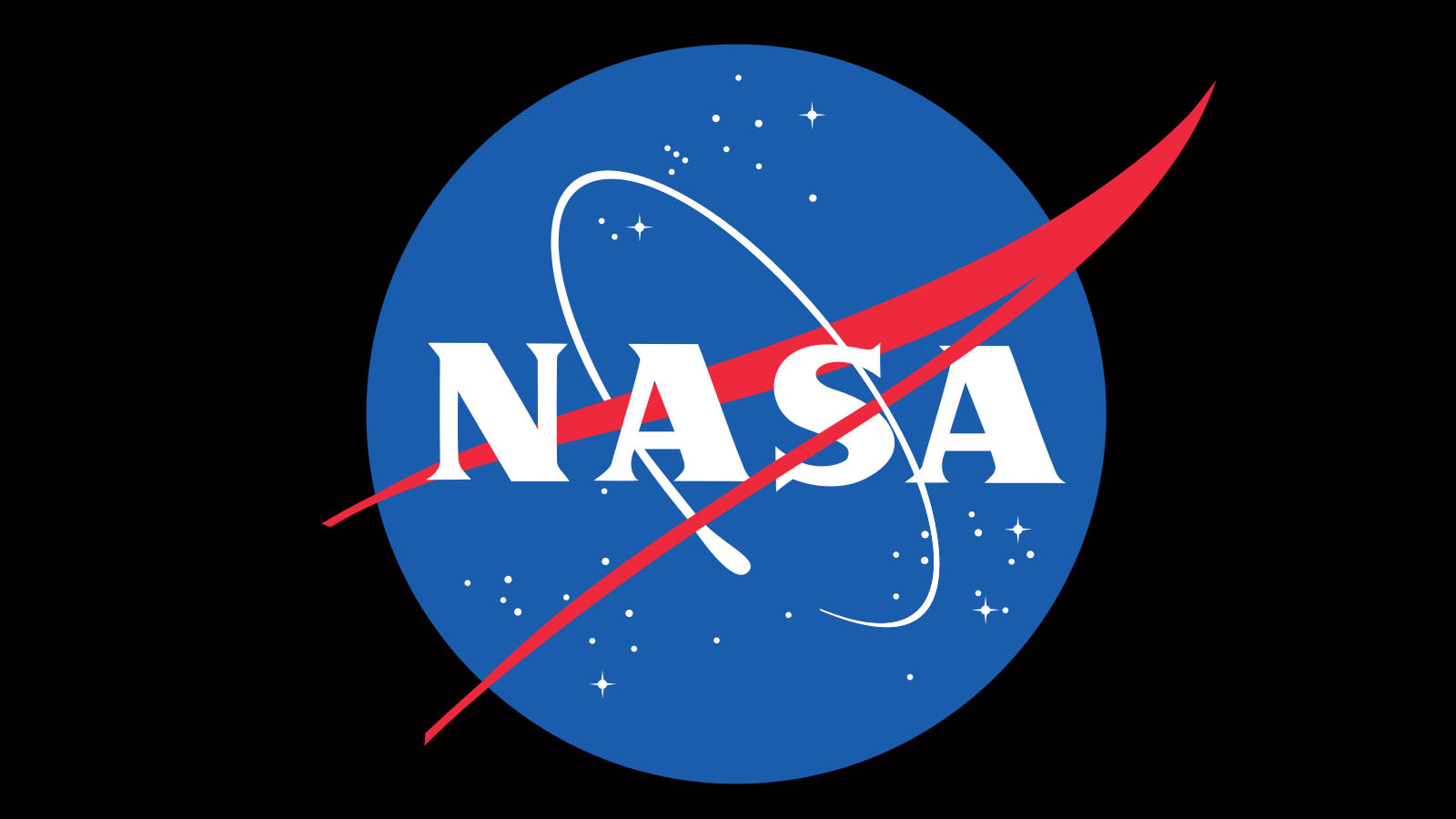
A bill released by the U.S. House of Representatives today (July 7) would keep NASA funding flat next year, at $22.629 billion.
This move is a significant departure from the White House's 2021 federal budget request, which allocated $25.246 billion to the space agency for the coming fiscal year. The difference comes mainly in funding for NASA's Exploration Research and Development (R&D) efforts, which was allotted $4.72 billion in the federal proposal but just $1.56 billion in the House bill.
Exploration R&D houses multiple programs crucial to NASA's Artemis program, which is working to land two astronauts near the moon's south pole in 2024, as directed by President Donald Trump. One of those programs is the Human Landing System (HLS), which is developing landers to ferry astronauts to the lunar surface.
Related: Trump's NASA budget request could spell big changes for Mars missions
The 2021 federal budget request, which the White House unveiled in February, allocated $3.3 billion to HLS. The new House appropriations bill, which you can read here, set aside just $628 million for HLS, NASA Administrator Jim Bridenstine said via Twitter today.
But the NASA chief accentuated the positives he sees in the House amount.
"I want to thank the House Commerce-Justice-Science subcommittee for the bipartisan support they have shown for NASA's Artemis program. The $628.2 million in funding for the Human Landing System (HLS) is an important first step in this year's appropriations process. We still have more to do, and I look forward to working with the Senate to ensure America has the resources to land the first woman and next man on the moon in 2024," Bridenstine said in the Twitter statement.
Get the Space.com Newsletter
Breaking space news, the latest updates on rocket launches, skywatching events and more!
The House bill would boost NASA's science funding relative to the federal request, offering $7.1 billion in 2021 compared to $6.3 billion. That increase, if enacted, might be enough to save the highly anticipated Nancy Grace Roman Space Telescope, which was zeroed out in the federal request.
"Might" is a necessary qualifier here, however, because the House bill did not go into great detail about where the science funding would go — with a few exceptions. For example, NASA's Europa Clipper mission was allocated $403.5 million for 2021, the same amount it got in the White House's request. (The 2021 fiscal year, by the way, begins on Oct. 1, 2020.)
The House bill also directed NASA to launch Clipper, which will study the ocean-harboring Jupiter moon Europa over the course of dozens of flybys, no later than 2025. And it instructed the agency to launch a lander toward Europa by 2027, a very tall order given that this latter mission is still just a concept.
As Bridenstine said, the House appropriations bill represents just another step in the slow-moving funding process. The Senate is a big part of that process as well, and that body has not even begun drafting its spending bills, SpaceNews' Jeff Foust noted.
"In past years, the most likely outcome is that the House and Senate agree to an omnibus spending bill, likely after the November general election," Foust wrote today. "That would mean starting the 2021 fiscal year on Oct. 1 with a continuing resolution that funds agency programs at 2020 levels. Given the unprecedented nature of 2020, however, it's not clear how applicable the experience of previous years is to this year’s appropriations process."
Mike Wall is the author of "Out There" (Grand Central Publishing, 2018; illustrated by Karl Tate), a book about the search for alien life. Follow him on Twitter @michaeldwall. Follow us on Twitter @Spacedotcom or Facebook.
Join our Space Forums to keep talking space on the latest missions, night sky and more! And if you have a news tip, correction or comment, let us know at: community@space.com.

Michael Wall is a Senior Space Writer with Space.com and joined the team in 2010. He primarily covers exoplanets, spaceflight and military space, but has been known to dabble in the space art beat. His book about the search for alien life, "Out There," was published on Nov. 13, 2018. Before becoming a science writer, Michael worked as a herpetologist and wildlife biologist. He has a Ph.D. in evolutionary biology from the University of Sydney, Australia, a bachelor's degree from the University of Arizona, and a graduate certificate in science writing from the University of California, Santa Cruz. To find out what his latest project is, you can follow Michael on Twitter.
-
Wolfshadw ReplyTRUMP_2020 said:<<Removed by moderator>>
Your comments are being removed because they are in violation of the forum rules: No Politics.
https://forums.space.com/threads/read-before-posting-forum-rules.27375/G.R.A.P.E.S. (guns, religion, abortion, politics, economics, sexuality) subject matter discussion is prohibited, except where the topics are expressly related to core subject coverage and is initiated by staff. The moderation team reserves the right to remove any such posts and take action as warranted.
The forums have no control over what articles the Editorial Team decides to publish.
Wolfshadw
Moderator









